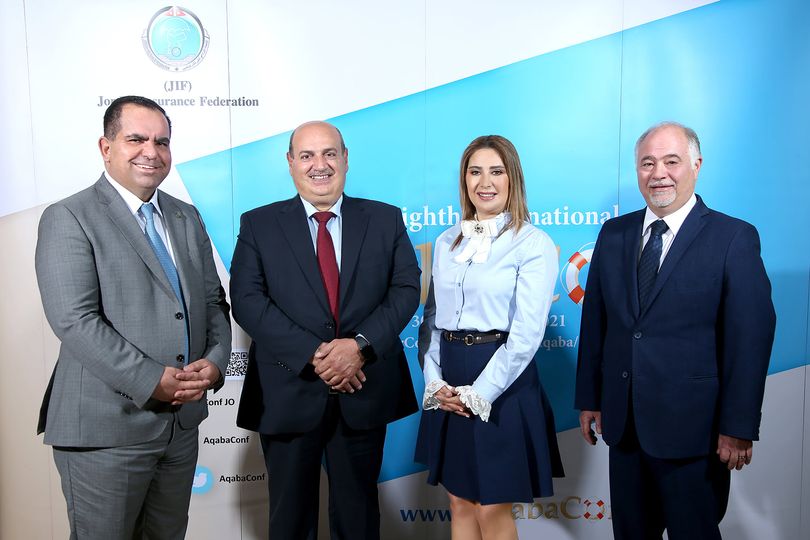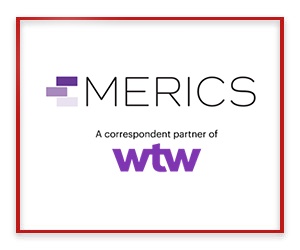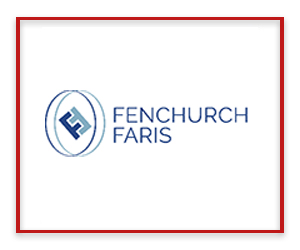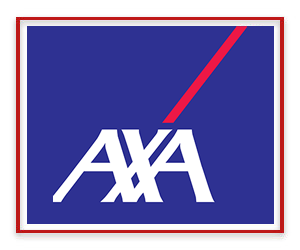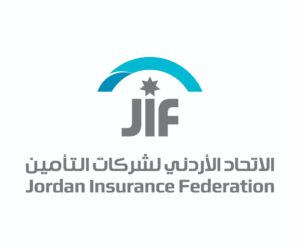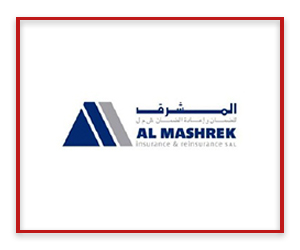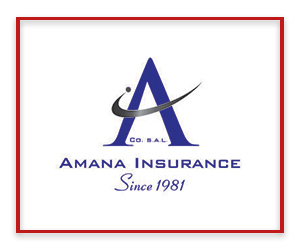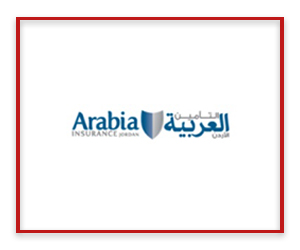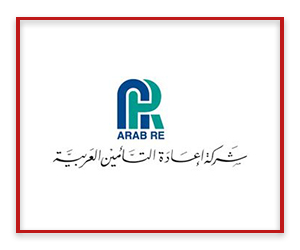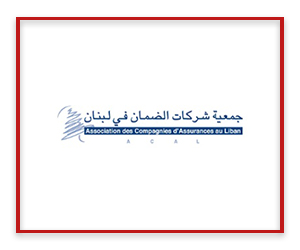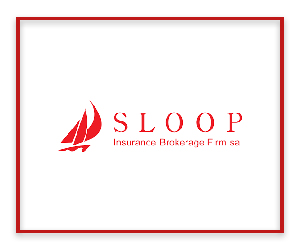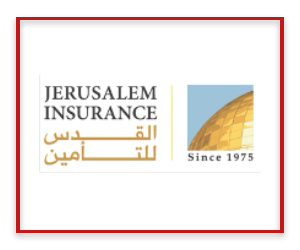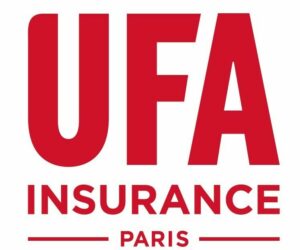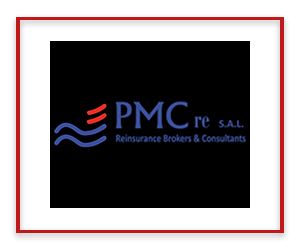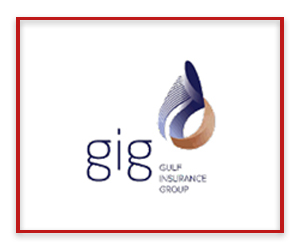Hassan Fawaz, a young businessman of 32 years, has achieved a great deal in a short amount of time.
Those that hear of what Hassan intends to accomplish next—a plan already set in motion after submitting the required documents to Banque du Liban (BDL)—will get a sense of how determined he is. He is an example of how hard work pays off.
He deserves the title of businessman, as he possesses the solid base of solvency, capital, knowledge, and competence to spin the wheels of the economy and finance sector.
What is striking about this young man’s journey is the size of the money supply available to him, with the support of major investors at the local, regional, and international levels. This money will be allocated to investment funds under preparation, provided that they serve those involved in local production. There are two goals here: the first is to decrease the importation that is a burden to the national economy, and the second is to provide job opportunities for Lebanese youth in various fields and sectors.
Q: Tell us about you and your professional life
A: I am a self-made man. I studied at the International School of Choueifat (SABIS), one of the best schools in Lebanon. I have travelled to Africa, Iraq, and the Gulf as an advisor to different personalities. My work required searching for sources of funding for big investments projects, which provided good financial returns that helped me establish my professional life.
I am 32 years old today, half of which I spent in hard work. My journey towards wish-fulfillment began at the age of 16 with the well-known statistical company Ipsos. And because this work did not meet my ambition, I moved on to work at several financial companies and in global stock exchanges, until I moved abroad with a basic goal in mind: to build my future career. I did not refuse any work, diving into everything, because I wanted to expand my horizons, discover what I did not know, and understand the details. The journey has not been easy, and I often found myself penniless. The situation I was living in makes me laugh today, but it is the bitter truth. This is the truth upon which progress was built.
In further pursuit of my goals, I established my first private financial company that operated from abroad, and through it I used to trade currencies and stocks. Today, I submitted the complete file to BDL to obtain a local license, so that our services can be made available in the Lebanese market.
Q: Why now decide to get a license in Lebanon when the country is in crisis?
A: It is true that Lebanon is passing through a difficult period that has halted business and investment, but my faith in this country is very big. We can rebuild a new, better Lebanon if we act wisely. Lebanon is my country, and I would like to establish a base here that connects with my work abroad. I am convinced that the Lebanese economy will improve, especially if this economy is turned from a rentier to a productive economy, which inevitably leads to the creation of many new job opportunities.
Lebanon today is witnessing a large deficit in its trade balance. In my opinion, if we revitalize and encourage local industries, we will make it a country that keeps pace with what is happening in the world. We possess talent in the form of human capital and skilled labor that is relatively cheap.
This talent can help attract international companies to Lebanon, as well as encourage the establishment of local production factories. In order to exit the cycle of deficit, we need to replace import with local production, so that we no longer deplete the national currency and stop the deterioration of the lira’s exchange rate!
It is my opinion that Lebanon has the needed human, intellectual, and productive competencies to build a large financial center similar to the one in Dubai. We can attract through it those willing to establish legal financial companies, in contract with banks, to be based in Lebanon and to form a link with Gulf countries. What is encouraging is the availability of field specialists and skilled professionals at reasonable rates.
Q: I take it from you that this financial center will be a headquarter for businesses and the resulting trade, industry, real estate, etc. What next steps will follow your first step?
A: First, I would like to point out that I have myself, my Arab and international connections, and a group of foreign investors to rely on. Through the financial company that I have launched, still awaiting its legal license, I will establish investment funds to finance industrial and commercial projects. What I wanted to convey through this talk to the Lebanese is that I will soon be by their side, contributing with them in building a new Lebanon.
The official license of the financial company must then be followed or accompanied by another license to establish a financial center, as is the case in developed countries.
Q: Once you receive the license in Lebanon, what will be the first thing you do?
A: I will set up investment funds to help the Lebanese, especially those without financial means but with projects, ideas, and innovations related to industry and production. My main goal is to encourage young innovators and boost local production to stop the bleeding from imports causing the trade deficit. Another goal is to invest the money deposited (and detained) in banks in investment projects through these funds. That way, the citizen can be rid of the “lollar” and free to obtain the liberated dollar!
Q: Will you wage this battle alone?
A: Of course not. There is a board of trustees, whose members include prominent figures in the world of economy and finance from countries in the Gulf and outside of it.
Those that hear of what Hassan intends to accomplish next—a plan already set in motion after submitting the required documents to Banque du Liban (BDL)—will get a sense of how determined he is. He is an example of how hard work pays off.
He deserves the title of businessman, as he possesses the solid base of solvency, capital, knowledge, and competence to spin the wheels of the economy and finance sector.
What is striking about this young man’s journey is the size of the money supply available to him, with the support of major investors at the local, regional, and international levels. This money will be allocated to investment funds under preparation, provided that they serve those involved in local production. There are two goals here: the first is to decrease the importation that is a burden to the national economy, and the second is to provide job opportunities for Lebanese youth in various fields and sectors.
Q: Tell us about you and your professional life
A: I am a self-made man. I studied at the International School of Choueifat (SABIS), one of the best schools in Lebanon. I have travelled to Africa, Iraq, and the Gulf as an advisor to different personalities. My work required searching for sources of funding for big investments projects, which provided good financial returns that helped me establish my professional life.
I am 32 years old today, half of which I spent in hard work. My journey towards wish-fulfillment began at the age of 16 with the well-known statistical company Ipsos. And because this work did not meet my ambition, I moved on to work at several financial companies and in global stock exchanges, until I moved abroad with a basic goal in mind: to build my future career. I did not refuse any work, diving into everything, because I wanted to expand my horizons, discover what I did not know, and understand the details. The journey has not been easy, and I often found myself penniless. The situation I was living in makes me laugh today, but it is the bitter truth. This is the truth upon which progress was built.
In further pursuit of my goals, I established my first private financial company that operated from abroad, and through it I used to trade currencies and stocks. Today, I submitted the complete file to BDL to obtain a local license, so that our services can be made available in the Lebanese market.
Q: Why now decide to get a license in Lebanon when the country is in crisis?
A: It is true that Lebanon is passing through a difficult period that has halted business and investment, but my faith in this country is very big. We can rebuild a new, better Lebanon if we act wisely. Lebanon is my country, and I would like to establish a base here that connects with my work abroad. I am convinced that the Lebanese economy will improve, especially if this economy is turned from a rentier to a productive economy, which inevitably leads to the creation of many new job opportunities.
Lebanon today is witnessing a large deficit in its trade balance. In my opinion, if we revitalize and encourage local industries, we will make it a country that keeps pace with what is happening in the world. We possess talent in the form of human capital and skilled labor that is relatively cheap.
This talent can help attract international companies to Lebanon, as well as encourage the establishment of local production factories. In order to exit the cycle of deficit, we need to replace import with local production, so that we no longer deplete the national currency and stop the deterioration of the lira’s exchange rate!
It is my opinion that Lebanon has the needed human, intellectual, and productive competencies to build a large financial center similar to the one in Dubai. We can attract through it those willing to establish legal financial companies, in contract with banks, to be based in Lebanon and to form a link with Gulf countries. What is encouraging is the availability of field specialists and skilled professionals at reasonable rates.
Q: I take it from you that this financial center will be a headquarter for businesses and the resulting trade, industry, real estate, etc. What next steps will follow your first step?
A: First, I would like to point out that I have myself, my Arab and international connections, and a group of foreign investors to rely on. Through the financial company that I have launched, still awaiting its legal license, I will establish investment funds to finance industrial and commercial projects. What I wanted to convey through this talk to the Lebanese is that I will soon be by their side, contributing with them in building a new Lebanon.
The official license of the financial company must then be followed or accompanied by another license to establish a financial center, as is the case in developed countries.
Q: Once you receive the license in Lebanon, what will be the first thing you do?
A: I will set up investment funds to help the Lebanese, especially those without financial means but with projects, ideas, and innovations related to industry and production. My main goal is to encourage young innovators and boost local production to stop the bleeding from imports causing the trade deficit. Another goal is to invest the money deposited (and detained) in banks in investment projects through these funds. That way, the citizen can be rid of the “lollar” and free to obtain the liberated dollar!
Q: Will you wage this battle alone?
A: Of course not. There is a board of trustees, whose members include prominent figures in the world of economy and finance from countries in the Gulf and outside of it.






